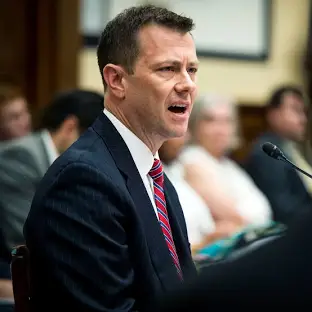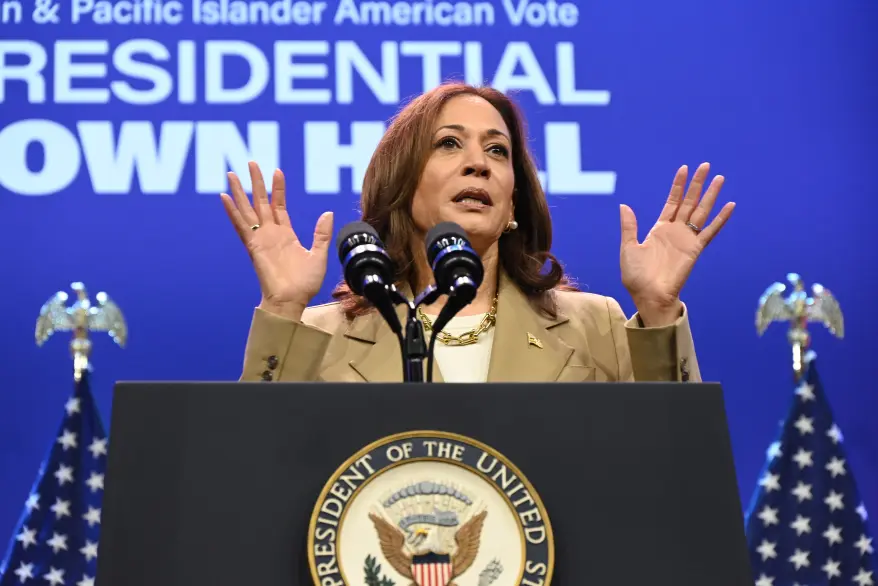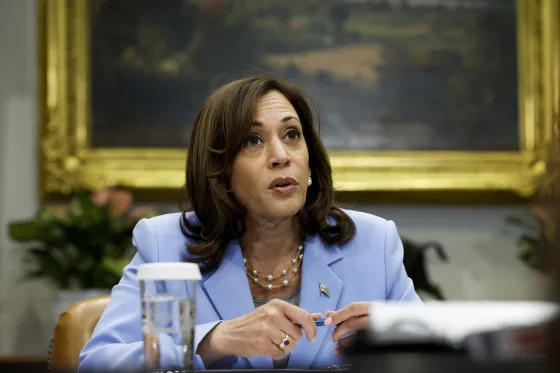Former FBI special agent Peter Strzok reached a $1.2 million settlement with the Justice Department over claims that the department violated his privacy and the Privacy Act when it released text messages during the Trump administration between him and former FBI employee Lisa Page that criticized former President Donald Trump and his candidacy.
One of Strzok’s lawyers, Aitan D. Goelman, of Zuckerman Spaeder, said in a statement that it was a “critical step forward in addressing the government’s unfair and highly politicized treatment of Pete,” and said the settlement “also vindicates the privacy interests of all government employees.”
Former FBI special agent Peter Strzok is suing the FBI and Justice Department, claiming his firing in 2018 violated his rights to due process and free speech and was only carried out because of political pressure.
The settlement resolves his privacy allegations, but the claims of unlawful termination are still being litigated. For that claim, he is seeking back pay and other payment for his employment.
When reached by CBS News, a spokesperson for the Justice Department declined to comment, but said the department intends to continue to defend against Strzok’s other claims.
Strzok worked on then-special counsel Robert Mueller’s team for a time and became a frequent target of President Trump after he wrote text messages criticizing Trump while he was a presidential candidate. Strzok, who filed the suit in the U.S. District Court for the District of Columbia, is trying to get his job with the FBI back.
Strzok was removed from the Mueller probe after the messages were discovered and moved to a different office still within the FBI. His actions were scrutinized in a June 2018 Justice Department Inspector General report, and was escorted from the building later that summer.
He also worked on the Hillary Clinton email investigation and on special counsel Robert Mueller’s probe into Russian election meddling and any ties to Trump associates.
Strzok testified before Congress in 2018 that he was “deeply regretful” of sending the anti-Trump texts to Page, but said he had done so with the expectation of privacy.
“I had no idea that this was going to happen,” he said at the time.




